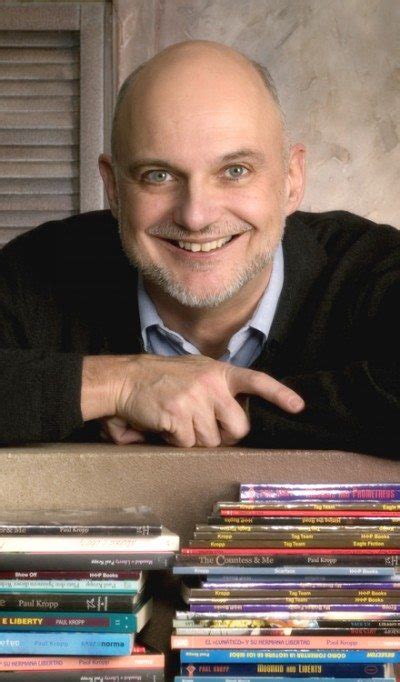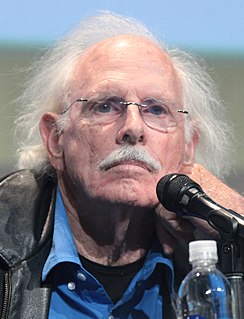A Quote by Nathalie Sarraute
The reader has to be creative when he's reading. He has to try to make the thing alive. A good reader has to do a certain amount of work when he is reading.
Related Quotes
The main thing I try to do is write as clearly as I can. Because I have the greatest respect for the reader, and if he's going to the trouble of reading what I've written -- I'm a slow reader myself and I guess most people are -- why, the least I can do is make it as easy as possible for him to find out what I'm trying to say, trying to get at. I rewrite a good deal to make it clear.
Reading, therefore, is a co-production between writer and reader. The simplicity of this tool is astounding. So little, yet out of it whole worlds, eras, characters, continents, people never encountered before, people you wouldn’t care to sit next to in a train, people that don’t exist, places you’ve never visited, enigmatic fates, all come to life in the mind, painted into existence by the reader’s creative powers. In this way the creativity of the writer calls up the creativity of the reader. Reading is never passive.
So we start with an oversignifying reader. Those texts that appear to reward this reader for this additional investment - text that we find exceptionally suggestive, apposite, or musical - are usually adjudged to be 'poetic'. ... The work of the poet is to contribute a text that will firstly invite such a reading; and secondly reward such a reading.
We must be forewarned that only rarely does a text easily lend itself to the reader's curiosity... the reading of a text is a transaction between the reader and the text, which mediates the encounter between the reader and writer. It is a composition between the reader and the writer in which the reader "rewrites" the text making a determined effort not to betray the author's spirit.
I was always a slow reader, from the very beginning. I remember in first grade our teacher divided us into groups, and I was definitely in the slow group. She didn't call it that, but everybody in the class knew. But I still loved reading. Being a slow reader affected my grades in school, but it didn't affect my love for reading. I still loved going to the library, and I still loved reading books.
With the audience I write for, I want to make sure that the reader is eagerly turning every page. I want each of my books to be an absorbing reading experience, an authentic piece of literature. The worst thing that can happen is for a book to have a chilling effect on the reader, to have a kid pick it up and look at a bunch of footnotes and think, No, I'm not going to read this, it's too intimidating.
The book is finished by the reader. A good novel should invite the reader in and let the reader participate in the creative experience and bring their own life experiences to it, interpret with their own individual life experiences. Every reader gets something different from a book and every reader, in a sense, completes it in a different way.
My personal view is that reading has to be balanced. Obviously, there's a certain amount of reading that we have to do academically to continue to learn and to grow, but it's got to be balanced with fun and with elective reading. Whether that's comic books or Jane Austen, if it makes you excited about reading, that's what matters.




































